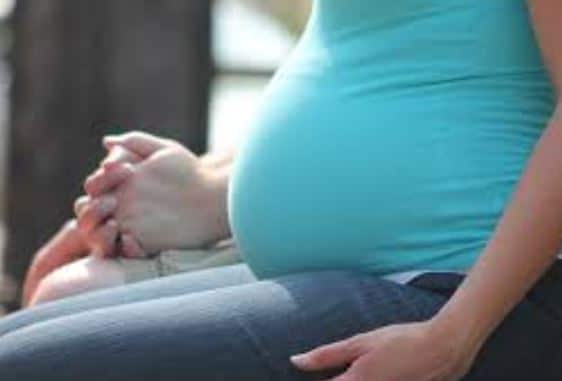Today we will focus on a clinical component here, as it has sparked interest from our readers.
Preeclampsia and Hearing Loss
Preeclampsia is a condition that causes blood pressure to rise suddenly and can occur anytime during pregnancy, delivery, and up to six weeks after delivery. It can result in a host of medical problems, including stroke or other blood clotting problems, reduced kidney and liver function, pulmonary edema, seizures, and maternal or infant mortality. It is the most common cause of preterm births. Risk factors include pregnancy during the teen years or after 40; excess weight (>30% BMI); and a family history of hypertension. Notably, a woman may have a normal first pregnancy, but still experience preeclampsia in a subsequent pregnancy.
Research into preeclampsia as a cause of sensorineural hearing loss in these mother’s infants has shown it to be rare. However, a recent study performed in Turkey, Baylan, et al(2010){{1}}[[1]]Baylan MY, Kuyumcuoglu U, Kale A, Celik Y, Topcu I. Is preeclampsia a new risk factor for cochlear damage and hearing loss? Otol Neurotol. 2010 Oct;31(8):1180-3.[[1]], decided to check the hearing of the mothers, themselves, who had preeclampsia. Although the prospective study was small (40 women with preeclampsia and 30 women without), they discovered a statistically significant number of women with a history of preeclampsia had permanent, sensorineural hearing loss in the low frequency hearing range that was due to permanent cochlear damage.
Acquired low frequency hearing loss is rare, compared to noise-induced high frequency loss. Though not as important to speech processing as mid-frequency hearing sensitivity, low frequencies are a range comprising vowel sounds, some consonant sounds, and many environmental sounds. Low frequency hearing loss can significantly affect communication ability, either in quiet or noisy situations, which in turn may affect the mother-child and family bond.
Referral for Hearing Test Recommended
New mothers’ hearing is not routinely tested, but based on this new evidence, women who have experienced preeclampsia should be referred for audiologic testing at two months postpartum.
If adding a question to the case history as my clinics have done, make sure you add a note “females only”. I did forget to do this when the question was first added to our forms and the men were not sure how to answer!






